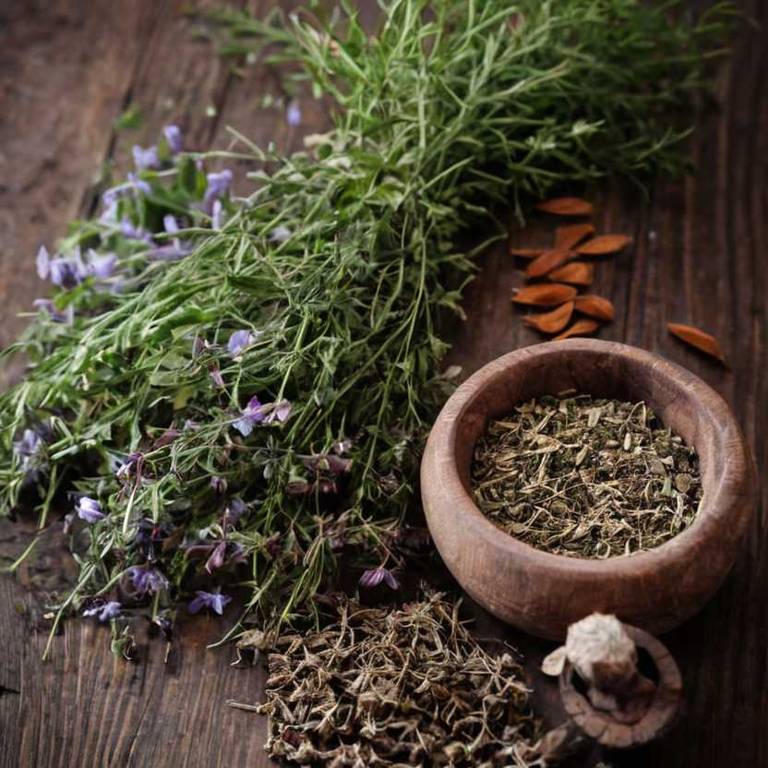Prunus Armeniaca: What To Know Before Using It For Medicinal Purposes

Prunus armeniaca, commonly known as the apricot tree, has been used for centuries in traditional medicine for its various therapeutic properties.
The fruit, seeds, and bark of the apricot contain compounds such as amygdalin, which has been studied for its potential anti-cancer and anti-inflammatory effects. In traditional Chinese medicine, apricot kernels are often used to treat respiratory conditions, including coughs and bronchitis, due to their expectorant properties. Additionally, the oil extracted from apricot pits is used in skincare for its moisturizing and healing benefits.
However, it is important to note that certain parts of the plant, particularly the seeds, contain toxic compounds and should be used with caution under professional guidance.
Health Benefits
Prunus armeniaca has several health benefits, such as its high content of antioxidants, which help combat oxidative stress and reduce the risk of chronic diseases.
The fruit is rich in vitamins A and C, which support immune function and skin health. Additionally, its seeds contain compounds like amygdalin, which have been studied for their potential anti-cancer properties. Prunus armeniaca also aids in digestion due to its fiber content and may help lower cholesterol levels.
Overall, incorporating this fruit into a balanced diet can contribute to improved overall well-being.
10 Best Health Beneift of Prunus armeniaca
Bioactive Constituents
Prunus armeniaca has several bioactive constituents, such as amygdalin, which is a glycoside known for its potential anti-cancer properties.
Additionally, it contains essential oils rich in compounds like benzaldehyde and limonene, which exhibit antimicrobial and anti-inflammatory effects. The fruit also provides vitamin C, which supports immune function and acts as an antioxidant. Furthermore, the seeds contain fatty acids and minerals like magnesium and potassium, contributing to cardiovascular health.
These bioactive components collectively make Prunus armeniaca a valuable resource in traditional and modern medicinal applications.
Medicinal Preparations
Prunus armeniaca has several medicinal preparations, such as teas, tinctures, and extracts, that have been traditionally used for their therapeutic properties.
The seeds of the apricot, known as apricot kernels, are often ground into a powder and used to make teas or tinctures, which are believed to aid in digestion and respiratory health. Apricot kernel oil, extracted from the kernels, is also used in topical applications for skin conditions and muscle pain. In traditional Chinese medicine, preparations from Prunus armeniaca are valued for their ability to relieve coughs and improve lung function.
However, these preparations must be used with caution due to the potential toxicity of certain compounds present in the seeds.
Side Effects
Prunus armeniaca can have some side effects, such as gastrointestinal discomfort, including nausea, vomiting, and diarrhea, especially when consumed in large quantities or in its raw form.
The seeds of the fruit contain amygdalin, which can release cyanide when metabolized, posing a risk of poisoning if ingested in significant amounts. Allergic reactions, such as skin rashes or respiratory issues, may occur in individuals sensitive to the fruit or its derivatives. Overconsumption may also lead to symptoms like dizziness, headache, and in severe cases, cyanide toxicity.
It is important to use Prunus armeniaca in moderation and consult a healthcare professional before incorporating it into one's diet, particularly for medicinal purposes.